SUMMARY
This is AI generated summarization, which may have errors. For context, always refer to the full article.
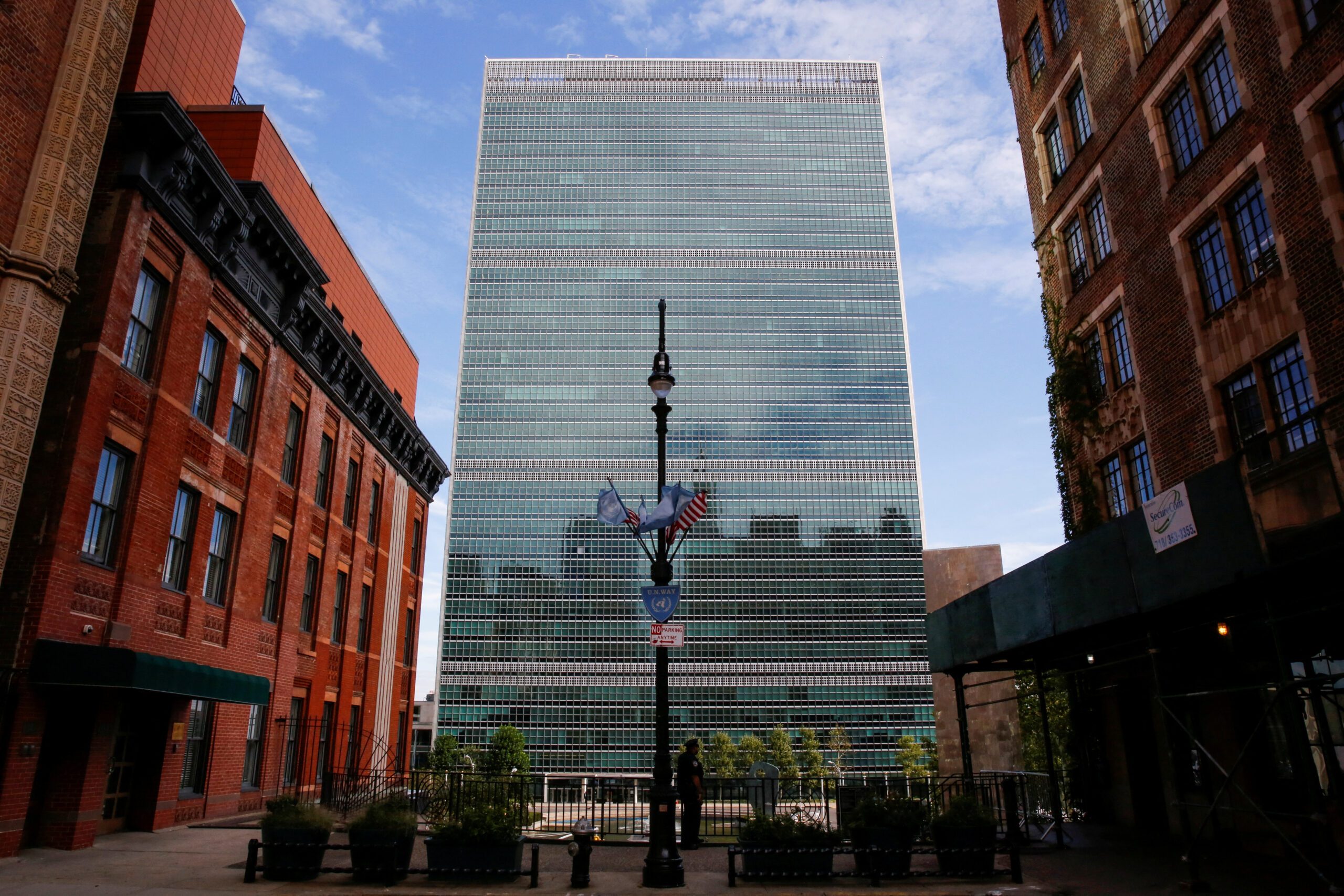
The United Nations’ decolonization committee adopted a draft Palestinian resolution requesting an advisory opinion from the International Court of Justice on Israel’s prolonged occupation.
The resolution approved at UN headquarters in New York asks that the International Court of Justice (ICJ) “urgently” weigh in on Israel’s “prolonged occupation, settlement and annexation of the Palestinian territory,” which it said were violating the Palestinians’ right to self-determination.
Israel captured the West Bank, Gaza and East Jerusalem – areas that Palestinians want for a state – in a 1967 Middle East war. US-sponsored negotiations stalled in 2014.
Palestinian Foreign Minister Riyad al-Maliki said in a statement that 98 countries supported the resolution, 52 abstained and 17 voted against.
Al-Maliki welcomed the vote and described the resolution as a “diplomatic and legal breakthrough” that will “open a new era for holding Israel accountable for its war crimes.”
Israel’s UN Ambassador Gilad Erdan said that by calling to involve the ICJ, “the Palestinians are decimating any chances of reconciliation.”
Addressing the forum, he said: “The Palestinians have rejected every single peace initiative, and now they embroil an external body with the excuse that the conflict has not been resolved?”
At the committee’s meeting on Thursday, the US deputy representative to the United States, which voted against the resolution, said that an ICJ advisory opinion is “counterproductive and will only take the parties further away from the objective we all share of a negotiated two-state solution.”
The ICJ last weighed in on the conflict in 2004, when it ruled that the Israeli separation barrier was illegal. Israel disputes this. – Rappler.com
Add a comment
How does this make you feel?



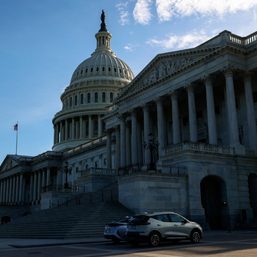
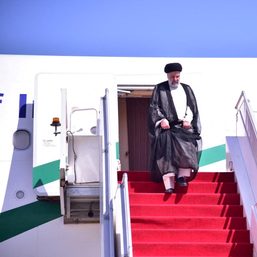
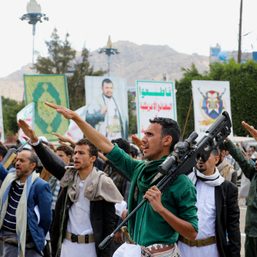
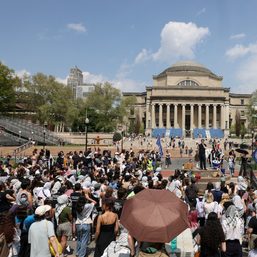


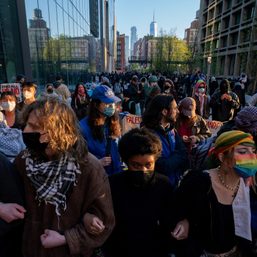
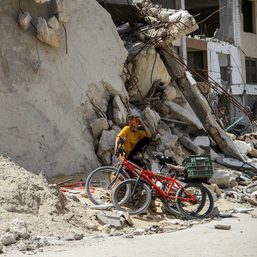
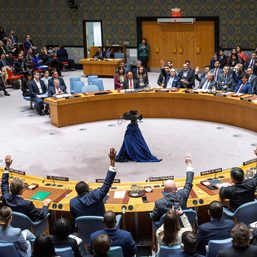
There are no comments yet. Add your comment to start the conversation.